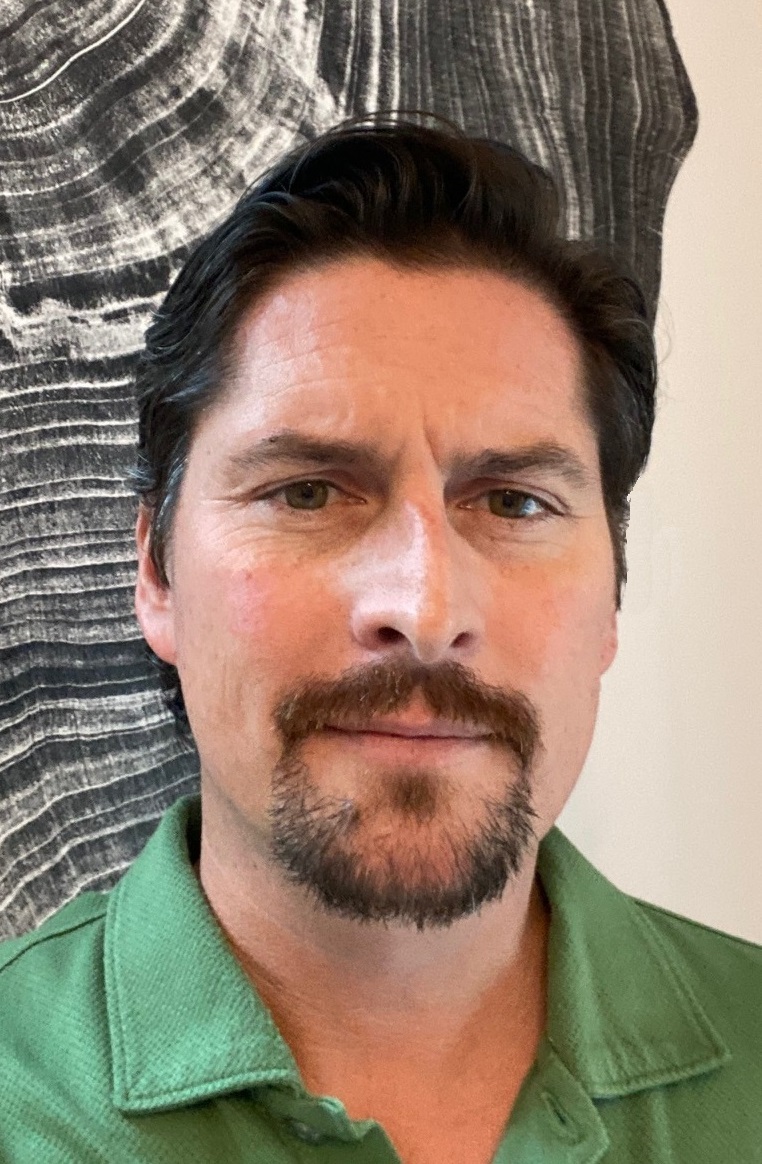
(Image courtesy of DSD Renewables.)
The energy transition isn’t happening as quickly as it could be, and a shortage of workers with the necessary green skills is at the root of the slowdown. Jobs requiring those skills rose by an average of 9.2 percent each year from 2018 to 2023, according to LinkedIn’s Economic Graph. But the number of workers in possession of them only went up 5.4 percent per year in the same period.
The skills gap can benefit workers
TriplePundit spoke with Greg Manning, the vice president of human resources at DSD Renewables, about how the renewable energy company is approaching the skills shortage and what other businesses can do to work through it.
“The demand is exceeding the industry's capabilities right now,” he said. “So that's a great proposition for workers or folks who want to come and work in this industry.”
Green skills don’t just include hard skills like engineering, construction and technical know-how. They include a variety of knowledge, abilities, values and attitudes necessary to develop a sustainable economy, like operations management and monitoring. For solar developers and financiers like DSD, green skills are required in legal and financial roles to create contracts and ensure profitability, Manning said.
Although the solar industry has been experiencing a growth spurt for quite some time now, the Inflation Reduction Act (IRA) spurred the industry on at an even faster rate, Manning said. It caused an influx of investment and created an even greater need for workers with this expertise. As a result, the industry is an employee’s market.
“There's been a real need to get people who can hit the ground running,” Manning said. “The flip side is that you pay more for people who have applicable experience in this industry, especially with how much it's grown … Every hiring manager wants somebody that's done 20 years of doing the exact thing that we're trying to do. It's not feasible. So how do you fill in those cracks or bridge the skills gap?”

Shrinking the gap with internships and on-the-job training
DSD tries to hire people from the solar industry as much as possible, but that’s often not an option with the growing gap between the number of qualified candidates and the sheer number of available jobs, Manning said. That’s why the company is focused on solving the shortage by incubating green skills in college students and workers from other industries through internships and on-the-job training.
“A lot of renewable companies and solar companies have seen an increase in attrition since the IRA because more chairs got added to the musical chairs,” Manning said. “We need to fill those chairs … Whether it's on-the-job training, whether it's leadership training for soft skills, managerial skills, influencing skills, just working with lots of different entities to get the job done. Those are all important.”
Though he referred to on-the-job training as critical, Manning also noted that not all workers can be transitioned into green jobs. Filling all of the new roles isn’t as simple as transitioning fossil fuel workers into solar. More often than not these shifts are successful, but not everyone is flexible enough to make the switch, Manning said.
Higher education partnerships are invaluable to DSD. The company teamed up with Cornell University and Columbia University to launch internships that teach the necessary green skills for structured finance, engineering and project development at the company, Manning said.
“Most of the people who come and intern with us end up sticking on even part-time once they go back to school,” Manning said. “We've had people who've done that and then ended up taking a full-time job because they were rapidly able to demonstrate as an intern that they can learn fast, and they're flexible, and they're getting it. That's been very helpful, and I think we want to continue to do more there.”
DSD’s internships are all paid, and it’s important for the company to abide by the most stringent labor laws, Manning said. And there’s the added benefit of opening up a larger pool of potential candidates by doing so.
The skills gap runs deep
Internships and on-the-job training are helping DSD fill positions, but of course, neither can make it immune to the effects of the skill gap. Much of the problem is outside of the company’s control, due to a concurrent lack of skilled workers in the trades.
“The amount of time it might have taken to do a certain megawatt installation five years ago might be longer now,” Manning said. “And this goes to the construction partners that we use … If there were more qualified metal workers, if there were more qualified electricians that could work for these construction partners, then that would create for us, and for the other people in this industry, likely smaller lead times from when the project starts.”

Riya Anne Polcastro is an author, photographer and adventurer based out of Baja California Sur, México. She enjoys writing just about anything, from gritty fiction to business and environmental issues. She is especially interested in how sustainability can be harnessed to encourage economic and environmental equity between the Global South and North. One day she hopes to travel the world with nothing but a backpack and her trusty laptop.













